You will need:
- Three plastic cups
- Two water bottles (to run two different versions
- Scissors
- A rubber band
- Old stocking material (or kitchen cleaning wipe)
- Sand and gravel with materials of different sizes
- Water and dirt
- Optional cardboard cutter (adult use only)
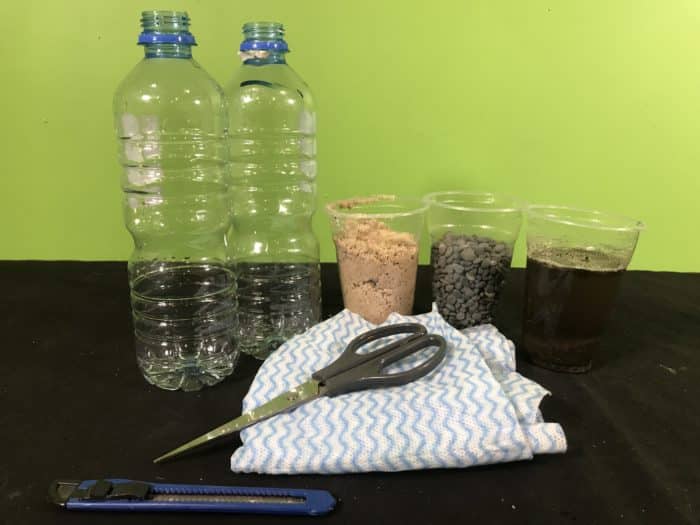
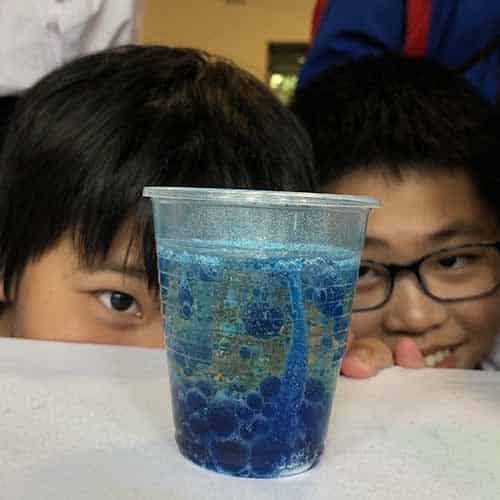
School science visits since 2004!
– Curriculum-linked & award-winning incursions.
– Over 40 primary & high school programs to choose from.
– Designed by experienced educators.
– Over 2 million students reached.
– Face to face incursions & online programs available.
– Early learning centre visits too!
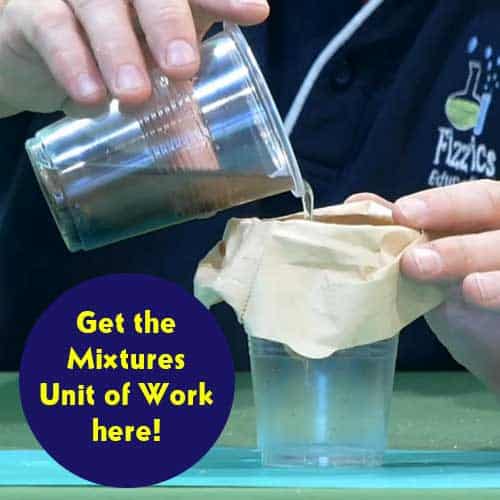
Get the Unit of Work on Mixtures here!
- How can we separate mixtures?
- What are the different techniques?
- From chromatography to magnetism, join us to explore the variety of ways we can separate mixtures!
Includes cross-curricular teaching ideas, student quizzes, a sample marking rubric, scope & sequences & more
Why Does This Happen?
You have created a simple water filter! The sand and gravel particles act as a sieve, trapping larger material from filtering down with the water as it travels downwards. Filtering such as this occurs in the natural environment as well. There are many communities that rely on underground aquifers which have accumulated over millions of years as water has filtered through the soil to the bedrock.
A classic example of an underground aquifer is Australia’s Great Artesian Basin which covers much of Queensland and South Australia with extensions into the Northern Territory and NSW.
You can create a simple model of soil horizons that produce these natural water filters by alternating different sands and gravel in a clear container.
Variables to test
- Try different size sieve meshes by changing the dishcloth type
- What happens if you change the size of the sand and gravel grains?
From surface tension to the water cycle, we’ve got you covered for your next water unit!
Get in touch with FizzicsEd to find out how we can work with your class.
Working with Water
Years K to 2
Maximum 30 students
School workshop (NSW & VIC)
60 or 90 minutes
Online Class Available
STEM Full Day Accelerator - Primary
Designed from real classroom experiences, this modular day helps you create consistently effective science learning that directly address the new curriculum with easily accessible and cost-effective materials.
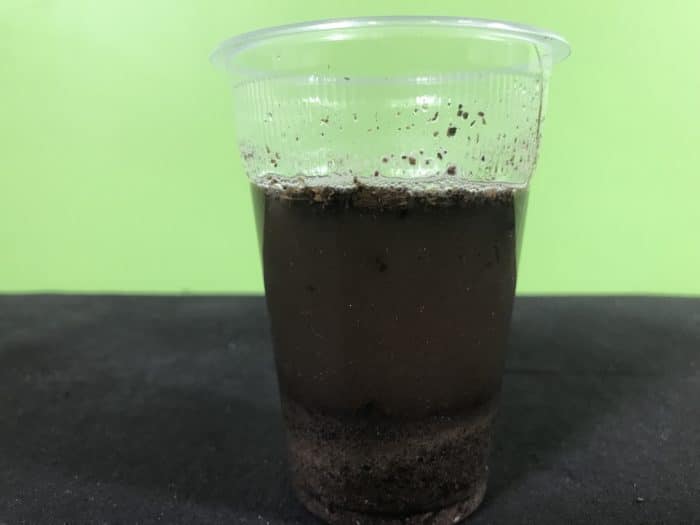
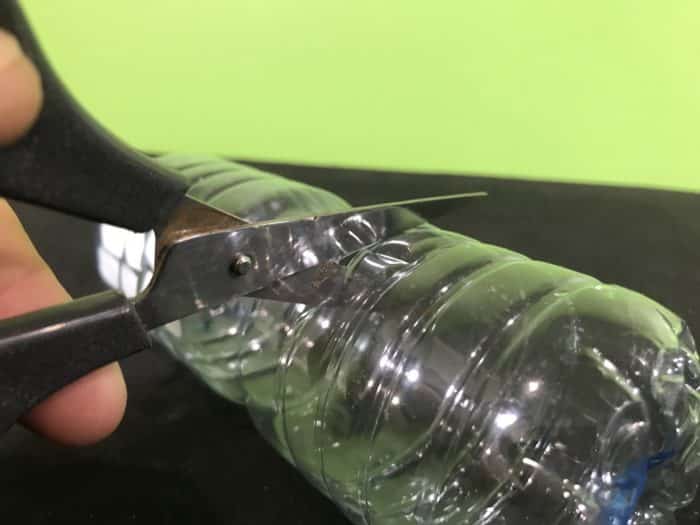
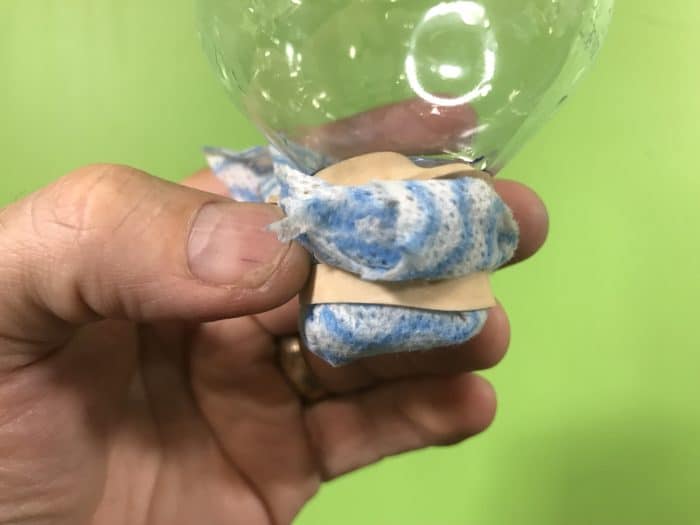
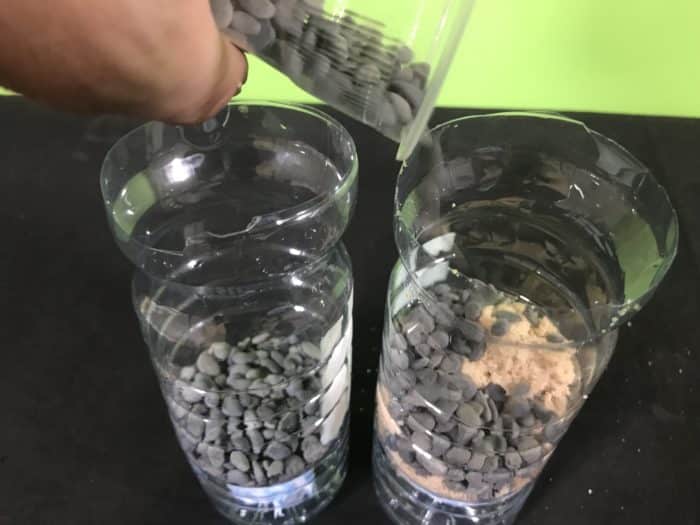
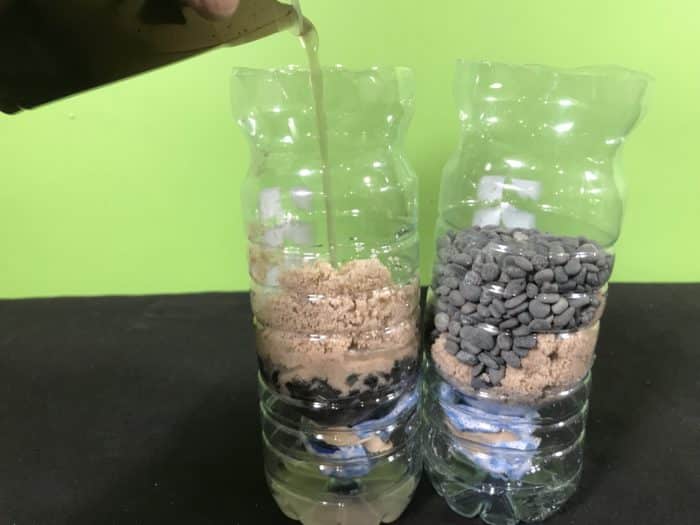

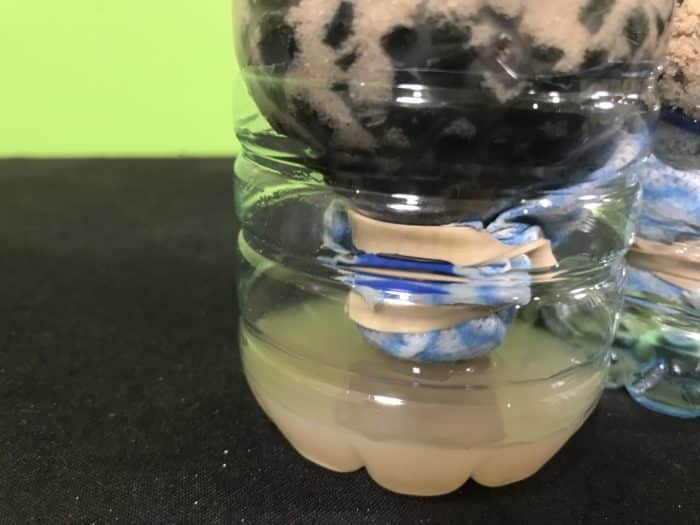
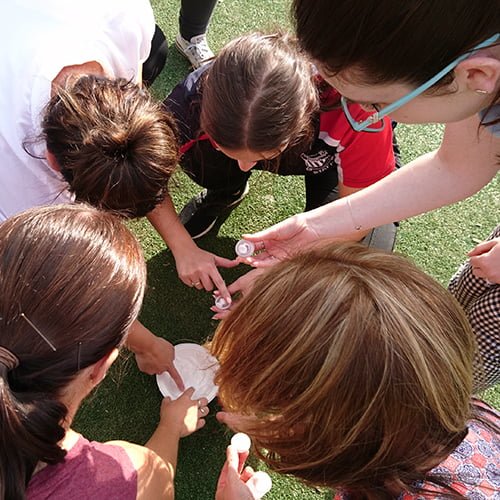

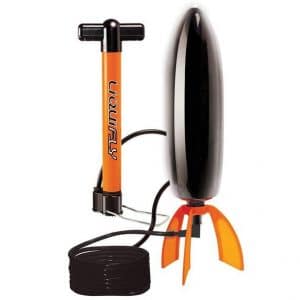
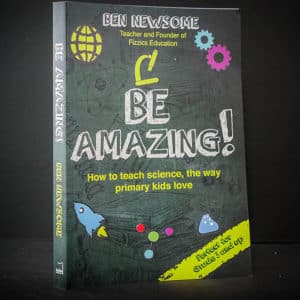























Comments